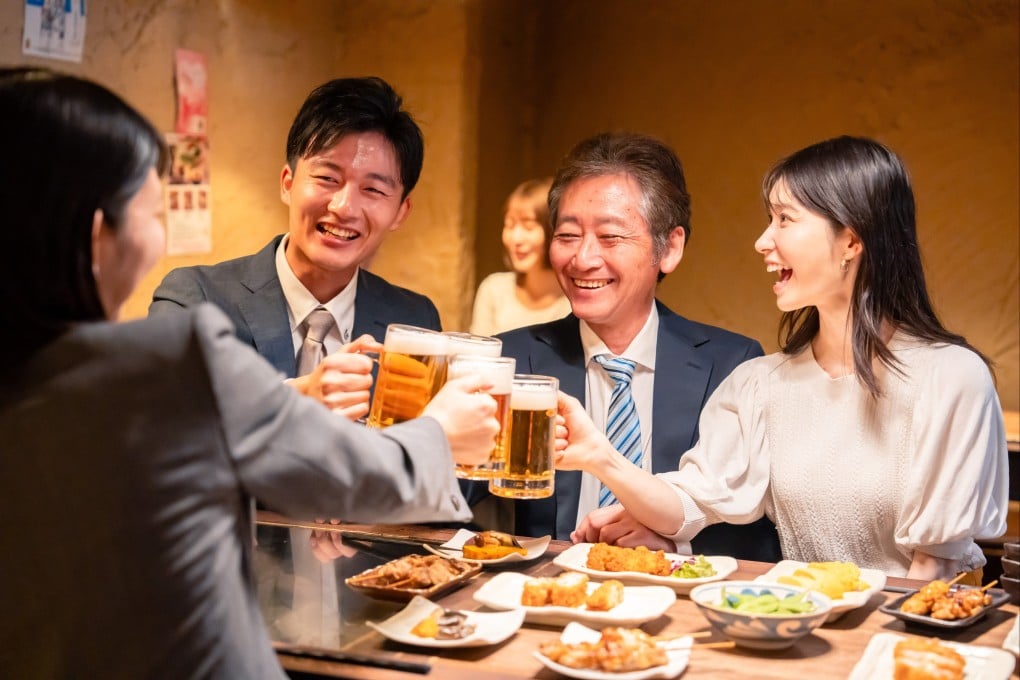Japan’s end-of-year ‘bonenkai’ drinking parties downsize as enthusiasm wanes
Younger employees say they do not want to be pressured to go to such corporate parties, seen as an extension of work they would rather avoid

The biggest change is that company-wide events are being replaced by far smaller groups of friends from within a firm banding together to do their own thing.
Such behaviour would have been virtually unthinkable a decade or so ago, when bosses promoted the idea of “nomunication”, a combination of the Japanese word for drinking and “communication”, to bond for the betterment of workplace harmony. To have turned down an invitation to the year-end festivities then would have been seen as disloyal and marked an employee out as a potential troublemaker.
Now, however, it is becoming the norm.
“My boss is making a big thing about the bonenkai but I really do not want to go,” said Issei, a 20-something employee of a major hotel chain who declined to provide his full name. “I work with these people all the time and many of them are my friends, but there are others that I do not want to go drinking with.
“I’m not much of a drinker anyway and I’ll just wake up feeling bad the next day,” he told This Week in Asia. “But the worst part is feeling that I have to go when I don’t want to.”